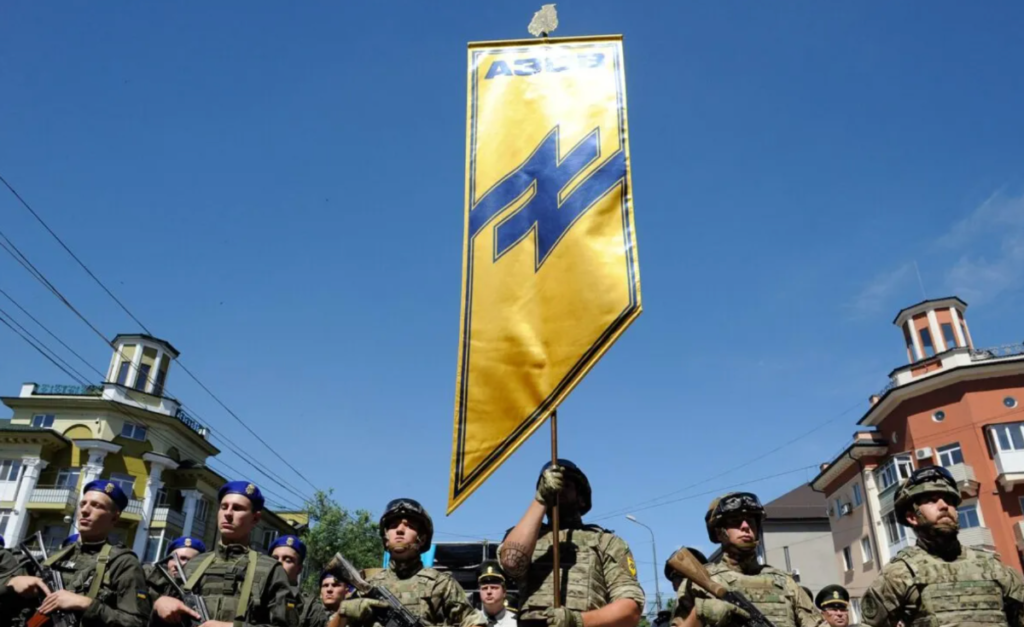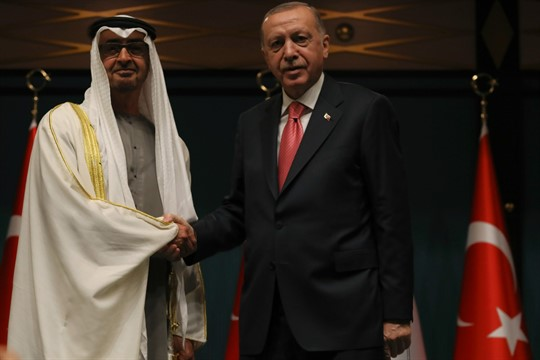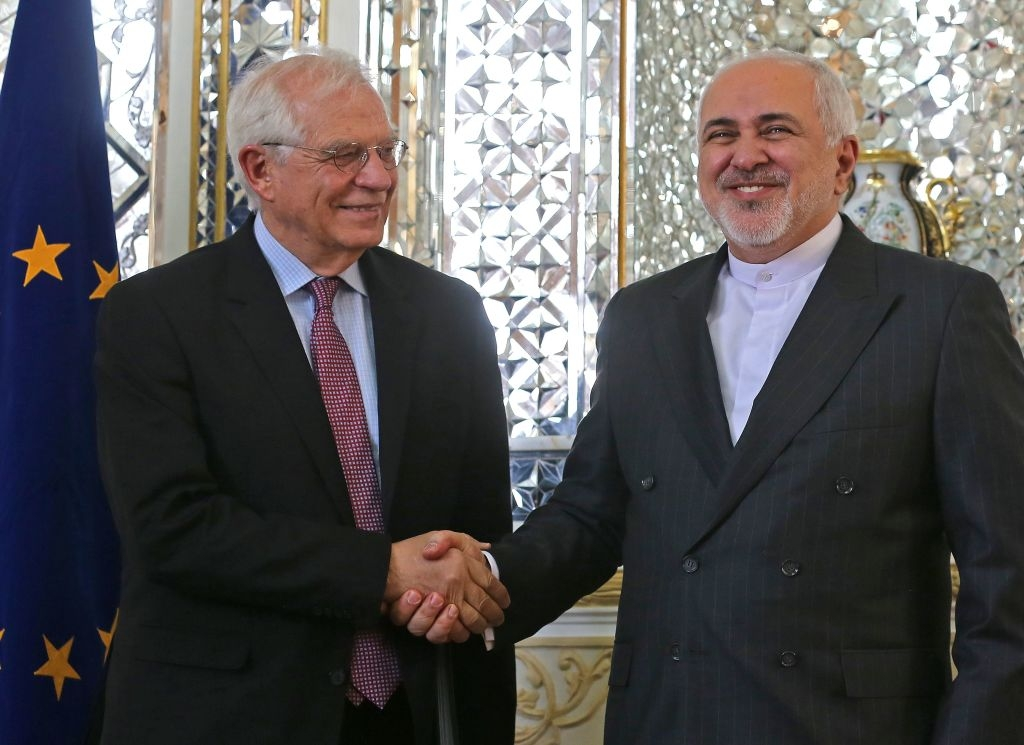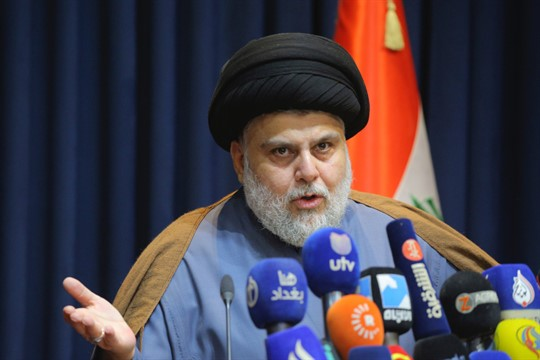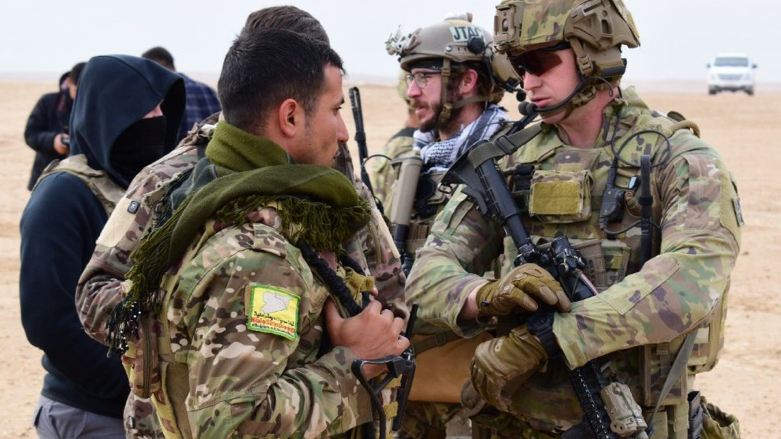Rising oil prices buy Iran time in nuclear talks, officials say
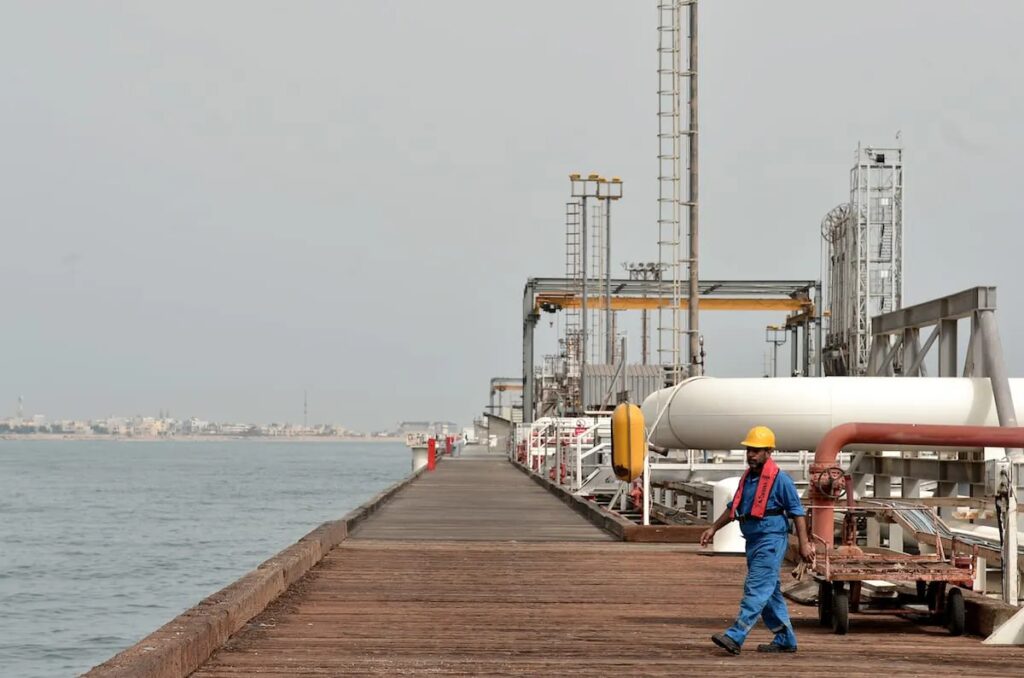
Emboldened by an oil price surge since Russia invaded Ukraine, Iran’s clerical rulers are in no rush to revive a 2015 nuclear pact with world powers to ease sanctions on its energy-reliant economy, three officials familiar with Tehran’s thinking said.

